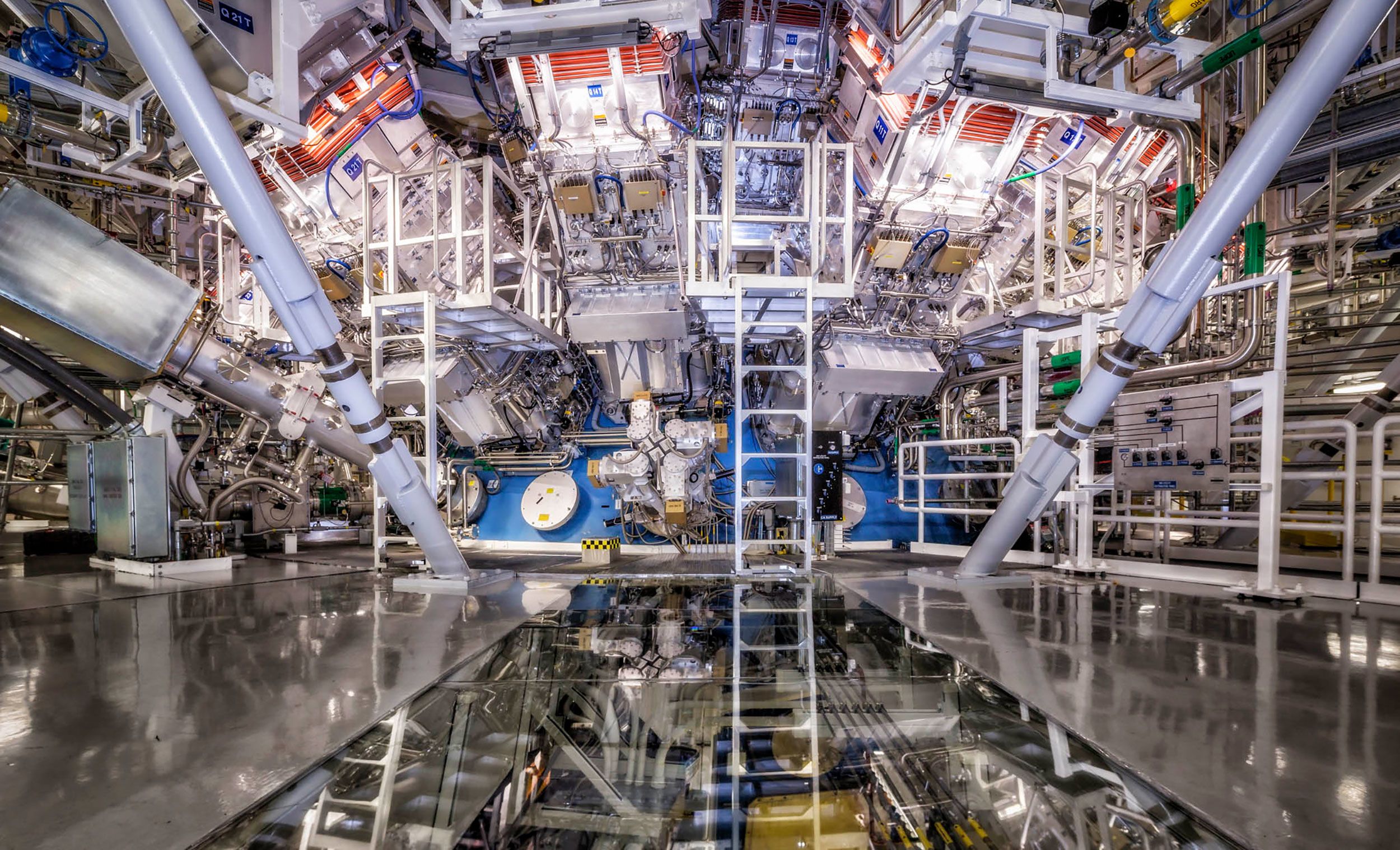In a groundbreaking development that promises to reshape the future of energy production, scientists have unveiled a revolutionary advancement in renewable energy technology. This breakthrough, announced today at an international conference of energy experts, marks a significant leap forward in the quest for sustainable and environmentally friendly power sources.
The new technology, developed after years of intensive research and collaboration among leading scientists worldwide, harnesses the power of quantum mechanics to dramatically improve the efficiency and scalability of renewable energy systems. Unlike traditional solar panels and wind turbines , which are limited by factors such as weather conditions and geographic location, this innovation promises to generate clean energy more reliably and consistently.
Dr. Emily Zhang, a prominent physicist and lead researcher on the projecthttps://thegeorgiabulletin.com” target=”_blank”>, described the breakthrough as a “paradigm shift” in renewable energy technology. “By leveraging quantum phenomena at the nanoscale level, we have unlocked unprecedented potential in capturing and converting energy from natural sources,” Dr. Zhang explained during her keynote address.
Key features of the new technology include:
Enhanced Efficiency: The quantum-based approach enhances energy conversion rates by optimizing the absorption and utilization of solar and wind energy.
Scalability: The technology is highly scalable, allowing for seamless integration into existing energy infrastructure on a global scale without significant overhaul.
Reliability: Unlike traditional renewable sources, which can be intermittent, this innovation provides a more stable and predictable output, making it a dependable source of energy for communities and industries alike.
Industry experts and policymakers have hailed the breakthrough as a potential game-changer in the fight against climate change and the global transition to sustainable energy. “This advancement represents a critical milestone in our efforts to combat carbon emissions and reduce our reliance on fossil fuels,” commented Dr. Michael Chen, a leading environmental economist.
The implications of this breakthrough extend beyond energy production. Economists predict significant economic benefits, including job creation in the renewable energy sector and reduced energy costs over the long term. Moreover, the environmental benefits, such as cleaner air and reduced greenhouse gas emissions, are expected to have far-reaching positive impacts on public health and the quality of life worldwide.
While the new technology is still in the early stages of commercialization, with further research and development needed to optimize its performance and affordability, the scientific community is optimistic about its potential. Funding and support from governments and private sector investors are expected to accelerate its deployment and adoption in the coming years.
As the world faces increasing pressure to address climate change and secure a sustainable future for generations to come, this breakthrough in renewable energy technology offers a glimmer of hope. With continued innovation and collaboration, scientists believe that achieving a carbon-neutral future is not only possible but within reach.
For now, the scientific community remains committed to advancing this transformative technology and ushering in a new era of clean and limitless energy for all.
Stay tuned for more updates on this evolving story as scientists continue to push the boundaries of what’s possible in renewable energy innovation.

